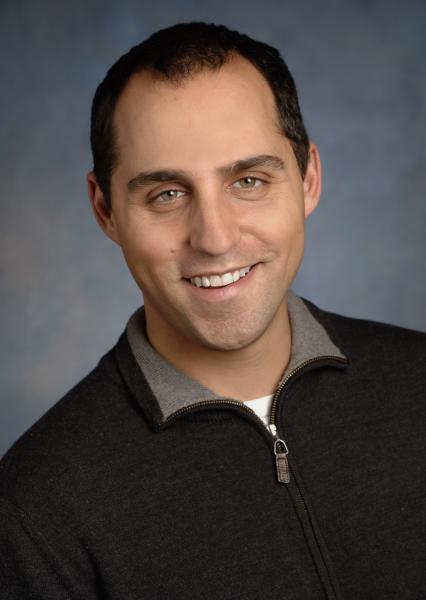A Few Questions For Ross Martin, EVP And SWAT Team Leader At MTV Scratch
I am excited! Not just about the fact that Forrester's Marketing Forum is just around the corner. I am excited because I just got to spend some time with Ross Martin, the energetic executive vice president (EVP) of MTV Scratch. His team is a center of innovation at MTV for helping marketers connect with millenials, and his enthusiasm for the next digital decade is palpable. If you are coming to the Forum in San Francisco next week, you will get to hear Ross and his client and counterpart Jim Trebilcock, CMO at Dr. Pepper Snapple (DPS) Group, talk about the nationwide launch of Sun Drop soda that kicked off a few weeks ago.
Not to spoil that story, here are some of the things Ross and I discussed about the future of marketing:
DC: Given what you have done with DPS, what do you see as the future agency model? Can media companies replace agencies?
RM: We see new and inspiring work from agencies every day and have been lucky to collaborate with some great partners. Much has been said about the challenges agencies face with so many new models emerging. We believe these new models will continue to evolve, as agencies large and small pursue new ways to serve their clients.
Great agencies will look to capitalize on the strengths of media companies in both traditional and nontraditional ways — from ad sales and integrated marketing to the kinds of services Scratch offers, such as design and product planning, retail activation, creative execution, social media, marketing strategy, and more.
Here’s an example of one such evolution. After many years as a successful sponsor on MTV Networks (MTVN), it was DPS's agency, Initiative, that first brought Scratch and DPS together to try out new ideas of working together. I credit Initiative's Tim Spengler with taking the, uh, initiative. Tim sparked a powerful new way for DPS to grow its business. And it's working.
DC: What is the expected result beyond MTV properties, and how do you benefit from that?
RM: MTVN reaches more young people than any other media company in the world, and Scratch taps into that power to connect every day. As a standalone internal creative group, we get to see firsthand how effective our own platforms are at reaching the audience and apply that understanding to our clients’ campaigns.
The creative reality is that we’re playing multidimensional chess, in real time, to build engagement in the context of each and every medium. In the case of Sun Drop, we specifically built the campaign’s creative to travel across all media — from TV, print, and radio to outdoor, in-store, events, mobile, social, and other platforms — to reach the target audience everywhere they are, regardless of whether MTVN owns the platform.
There’s no limit to how much we obsess over what’s working and what’s not. As we progress through the Sun Drop campaign, for example, which became a viral phenomenon in its first week, we measure the response closely, and we react swiftly and opportunistically so that both the client and consumer win.
DC: What is the line between original content and brand-sponsored content?
RM: We don't look at it that way. All of us — developers, programmers, and marketers — answer to one boss: our consumer. The products we design, the campaigns we create, the content we distribute . . . it's either great or it's not.
Take a look at the traditional TV scheduling clock. On most networks, you've got programming time, commercial time, and promo time, and content is created specifically for one or the other. Scratch doesn't rely on that paradigm. The way we see it, content's either good or it's not good. Either I like it and I'll keep watching; I'm compelled by it and I will share it with other people; or I don't care about it, I never want to see it again, and I'm annoyed that you've wasted my time.
If you hold yourself to those standards, you quickly realize we are all at the mercy of an audience that lives and breathes content across multiple screens, all at one time. By rejecting what used to separate various content creator groups, we simplify the process with one question: No matter where, when, and how we seek to engage the audience, does the content work or not?
DC: Are you going to do category exclusives in MTV Scratch?
RM: It’s important to note that Scratch is a separate, standalone creative group within MTVN, and Scratch is not a division of MTVN’s sales and integrated marketing teams. Scratch works with our partners in a variety of ways. If it makes sense for Scratch to work exclusively in a narrowly-defined category subset, we work it out with the individual partner on a case-by-case basis.
In addition, we should note that the sales and integrated marketing teams at MTVN continue to work with all clients in every category without exclusivity and are not impacted by Scratch’s client deals.